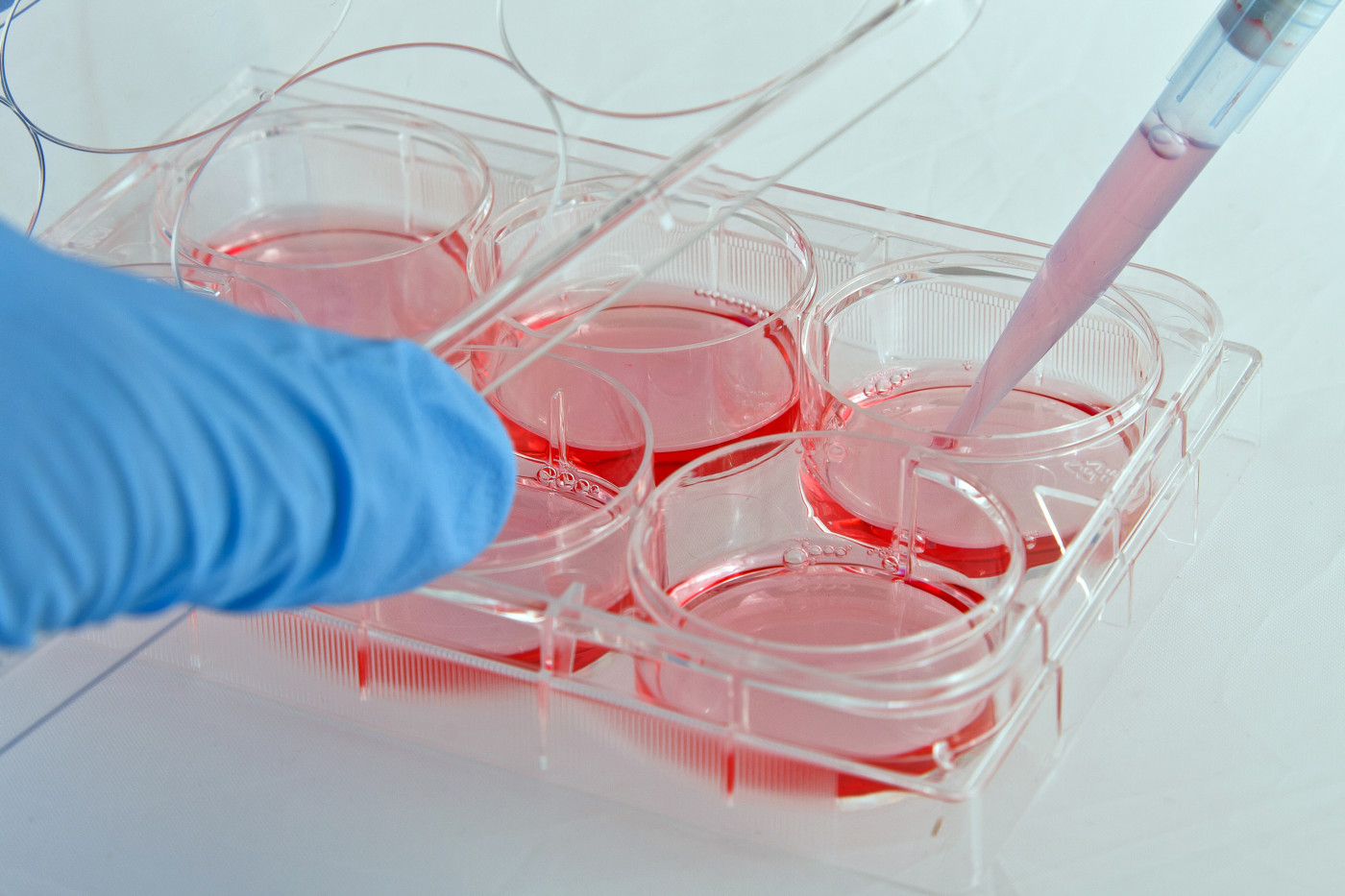Phase 2 Trial Will Assess Autologous Mesenchymal Stem Cell Therapy to Treat Progressive Forms of MS

The National Multiple Sclerosis Society is funding a new Phase 2 clinical trial to test the effectiveness of stem cell therapy on individuals with progressive forms of multiple sclerosis (MS), using mesenchymal stem cells from their own bone marrow.
The ability of stem cells to both self-renew and create new cell types (differentiation) makes them a promising tool to repair damaged or diseased cells and tissues. The types of cells generated during differentiation depend on the stem cell type (origin) and its potency (ability to become other cell types).
The new clinical trial (NCT03355365) will assess treatment with mesenchymal stem cells, which can differentiate into many types of cells, and are so-called multipotent. The cells are derived from the participants’ bone marrow — a process called autologous cell therapy — expanded in the laboratory, and triggered to become mesenchymal stem cell-derived neural progenitors.
Cells are then put back into the patients, infused into the spinal fluid in multiple doses. Once mesenchymal stem cells are infused, they are believed to secrete growth factors that stimulate the repair of damaged tissues, and possibly act as inhibitors of immune responses associated with MS.
The placebo-controlled, Phase 2 trial will test the effectiveness of autologous cell therapy with mesenchymal stem cells-neural progenitors in 50 participants with progressive forms of MS. Participants will receive six injections of culture-expanded autologous stem cells at two month intervals in one year. Patient recruitment is ongoing.
Join the MS forums: an online community especially for patients with MS.
Researchers will assess changes in patients’ functional disability by using the Expanded Disability Status Scale (EDSS), based on examination by neurologists. The study also will assess changes in bladder function and possible adverse side effects associated with the treatment.
“There is an urgent need for more effective treatments for MS, particularly for those with more progressive forms of the disease,” Bruce Bebo, PhD, said in a press release. Bebo is executive vice president, research, of the National MS Society.
“We believe that the potential of all types of cell therapies must be explored, and we are pleased to be a part of this clinical trial,” Bebo said.
The study is a follow-up of a Phase 1 trial led by researchers at Tisch MS Research Center of New York. The National MS Society offered $1 million over three years to help support Phase 2 clinical trials testing stem cell therapy in progressive MS.
For more information about the trial, and how to participate, visit this link.






